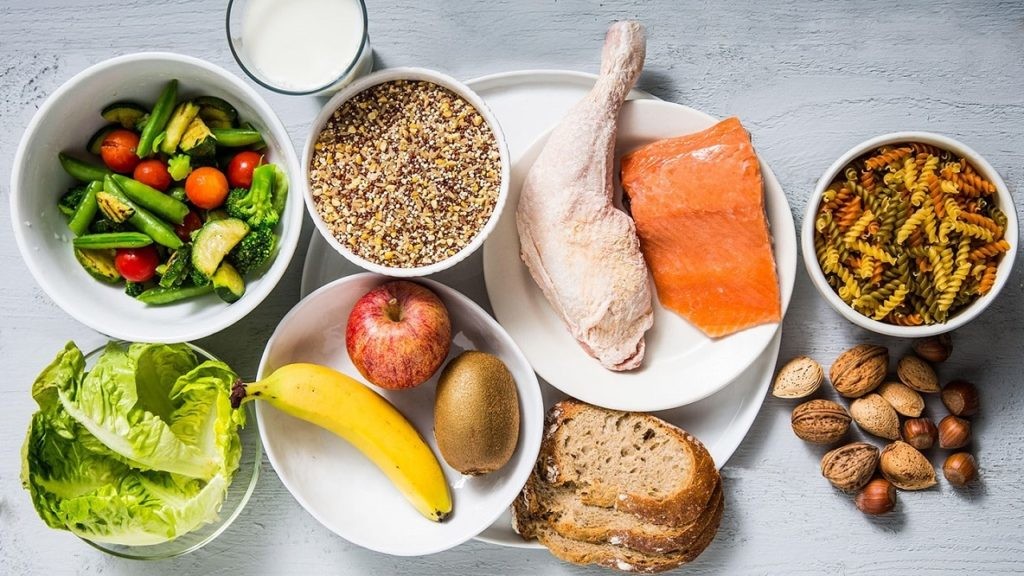Visit potassium is a mineral essential that we must include in our daily diet. This micronutrient, found in particular in fruit and vegetablesplays an important role in the body, in particular muscles and heart.
A lack of potassium can undeniably damage our health. But be careful, Having too much of it in the body is not only unprofitable, it's dangerous! We need to know more about this mineral in order to control the daily intake on our plates.
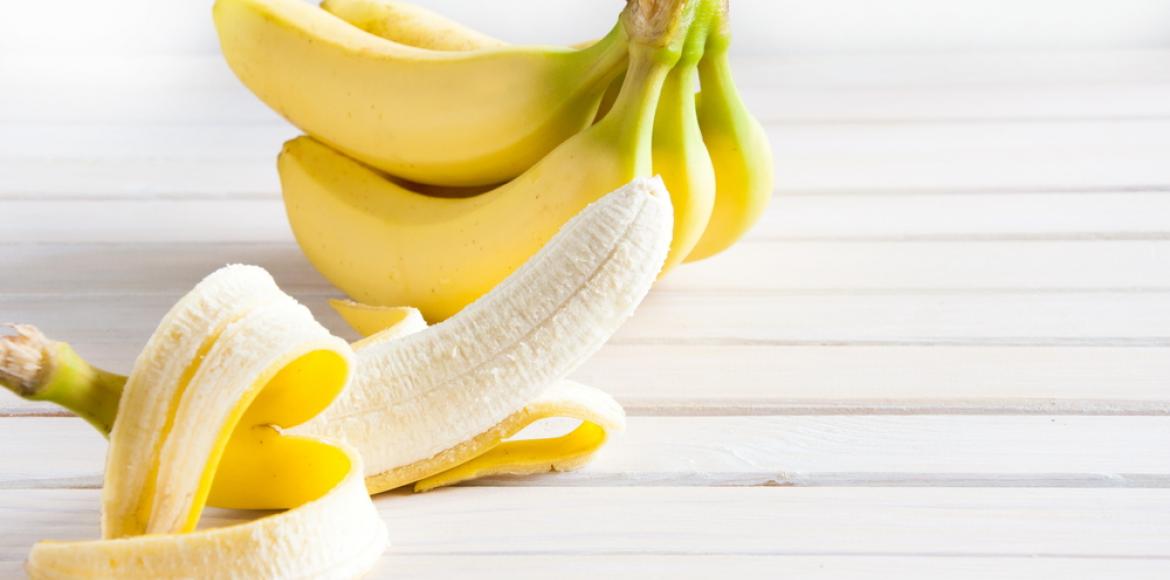
Potassium properties
Potassium is a electrolyte which essentially enables us to maintain a stable heartbeat and functional muscles. Having a normal concentration of potassium in the blood also enables us to lower blood pressureand better prevent strokes and heart attacks.
It is also potassium that ensures continuous pulse throughout our lives. The absence of potassium in the body means the cessation of all nerve transmission.

The role of potassium
Potassium has a number of actions in the body, when combined with sodium. In particular, it acts inside nerve and muscle cells, but also in the blood. It is potassium that ensures the contraction of muscles and the heart.
This content is part of the guide Blooness, the guide to the ideal human diet, the summary of which you can find here 🌱🥑
In association with sodium who acts outside the cellspotassium acts inside the cells. This action guarantees nerve transmissions to the muscles, which can then contract. Potassium is therefore essential for cardiovascular health. But it also plays an important role in the carbohydrates and proteins.
To ensure the proper functioning of the heart, kidneys and muscles, you need to supply normal potassium levels in the body. That's between 3.6 and 5 mmol/Liter, or 130 to 200 mg/l. Potassium deficiency (hypokalemia) or excess (hyperkalemia) can have more or less serious consequences.
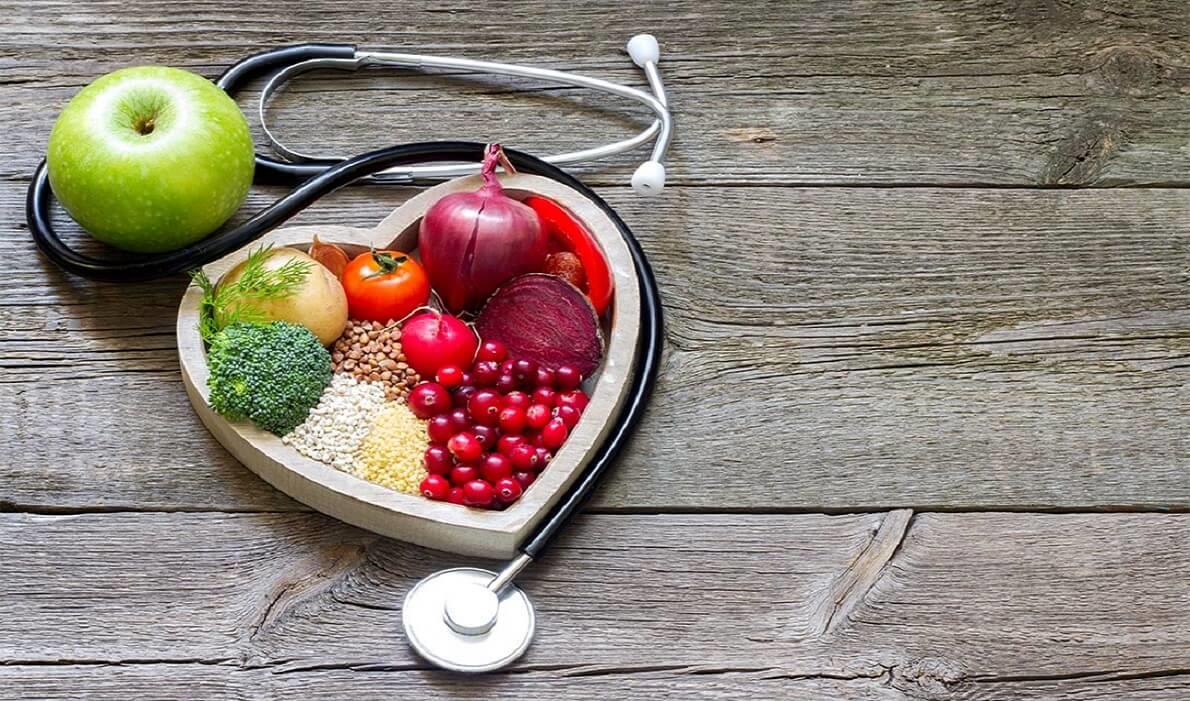
The benefits of potassium supplementation
In certain very specific and medically supervised cases, potassium is proposed as a treatment for :
- Prevent and treat hypokalemia, i.e. potassium deficiency
- Preventing and treating hypertension
- Reduce the risk of cardiovascular disease, hypercalciuria (kidney stones), stroke and osteoporosis.
- Reduce dental pain.

Our potassium requirements
As we've said, the normal concentration of potassium in the blood is between 3.6 and 5 mmol/L (i.e. 130 to 200 mg/L). An adult's diet provides approximately 60 to 120 mmol/day.
In other words, the amount of potassium provided by the diet varies between 2 and 6 g per day, covering the estimated minimum requirement of 2 grams per day.
Speaking of requirements, there is no recommended dietary allowance for potassium in France. In practice, intakes cover the body's minimum requirements. However, recent studies have demonstrated the value of potassium in preventing high blood pressure and even cardiovascular disease (particularly stroke).
That's why, in September 2016, the European Food Safety Authority (EFSA) reassessed the reference value for potassium at 3,500 mg per day for adults, instead of 2,000 mg. In 2012, the World Health Organization (WHO) also recommended an intake of 3,500 mg. In Canada, the recommended daily intake is 3500 mg.
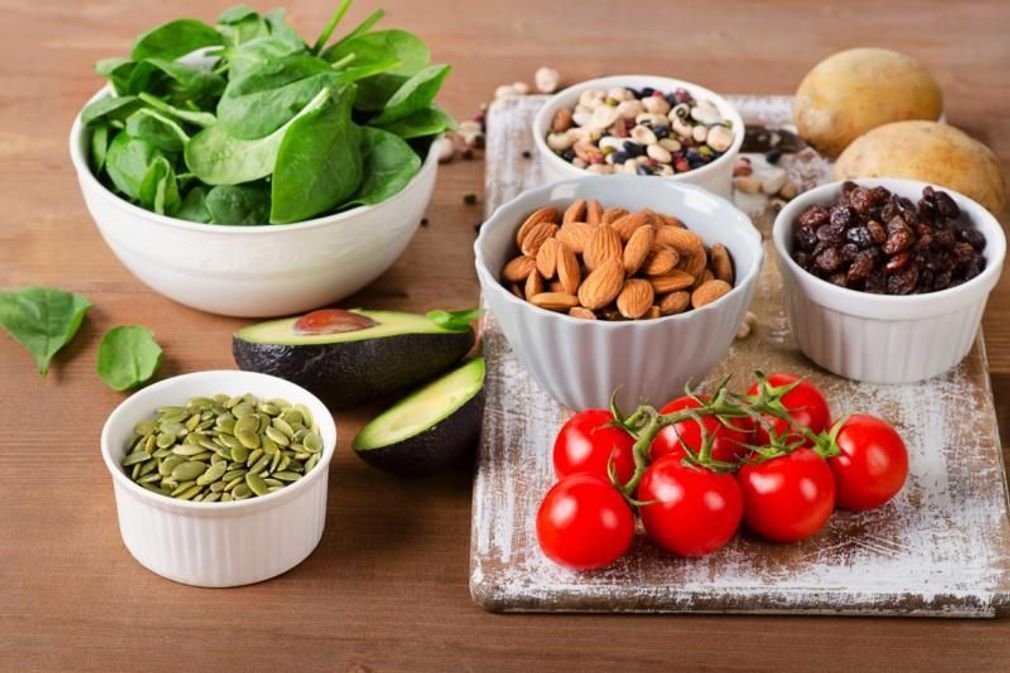
In general, a diet rich in fruit and especially vegetables, adapted to each age group, is all that's needed to achieve the necessary daily intake of potassium.
Foods rich in potassium
We find potassium in virtually all foods, but at varying levels. Fruits and vegetables are the main sources of potassium, but it is also found in significant quantities in food. beef, chicken, eggs and fish.
Among the best sources of potassiumThese include pulses (lensesbeans, dried peas, broad beans), vegetables (spinach, broccoli, cabbage, squash, mushrooms), avocados oilseeds (walnuts, almonds, hazelnuts), meat, mackerel, sardines, and possibly dark chocolate in small doses.
Good sources of potassium are highlighted in bold in the table below:
| Feed | Potassium content |
|---|---|
| White beans (100 g) | 1,660 mg |
| Pistachios (100 g) | 1,020 mg |
| Lentils (100 g) | 810 mg |
| Dried dates (100 g) | 790 mg |
| Prune (100 g) | 732 mg |
| Almond (100 g) | 705 mg |
| Spinach (100 g) | 662 mg |
| Avocado (100 g) | 650 mg |
| Chestnuts (100 g) | 600 mg |
| Mushrooms (100 g) | 520 mg |
| Nuts (100 g) | 450 mg |
| Apricots (100 g) | 440 mg |
| Artichoke (100 g) | 430 mg |
| Potatoes (100 g) | 420 mg |
| Banana (100 g) | 420 mg |
| Rabbit, mutton (100 g) | 380 mg |
| Fresh peas (100 g) | 370 mg |
| Blackcurrant (100 g) | 370 mg |
| Beef, chicken (100 g) | 360 mg |
| Mackerel (100 g) | 350 mg |
| Veal (100 g) | 330 mg |
| Pumpkin (100 g) | 320 mg |
| Carrot (100 g) | 310 mg |
| Leek (100 g) | 300 mg |
| Lean fish (100 g) | 295 mg |
| Raw sardines (100g) | 560 mg |
| Fennel (100 g) | 405 mg |
| Green beans (100 g) | 256 mg |
| Grapes (100 g) | 250 mg |
| Plain yoghurt (125 g) | 250 mg |
| Pork (100 g) | 250 mg |
| Pasta, semolina (100 g) | 170 mg |
| Ordinary rusks (100 g) | 170 mg |
| Strawberries (100 g) | 152 mg |
| Dark chocolate (30 g) | 140 mg |
| Whole eggs (2) | 140 mg |
| Chickpeas (100 g) | 115 mg |
| White rice (100 g) | 115 mg |
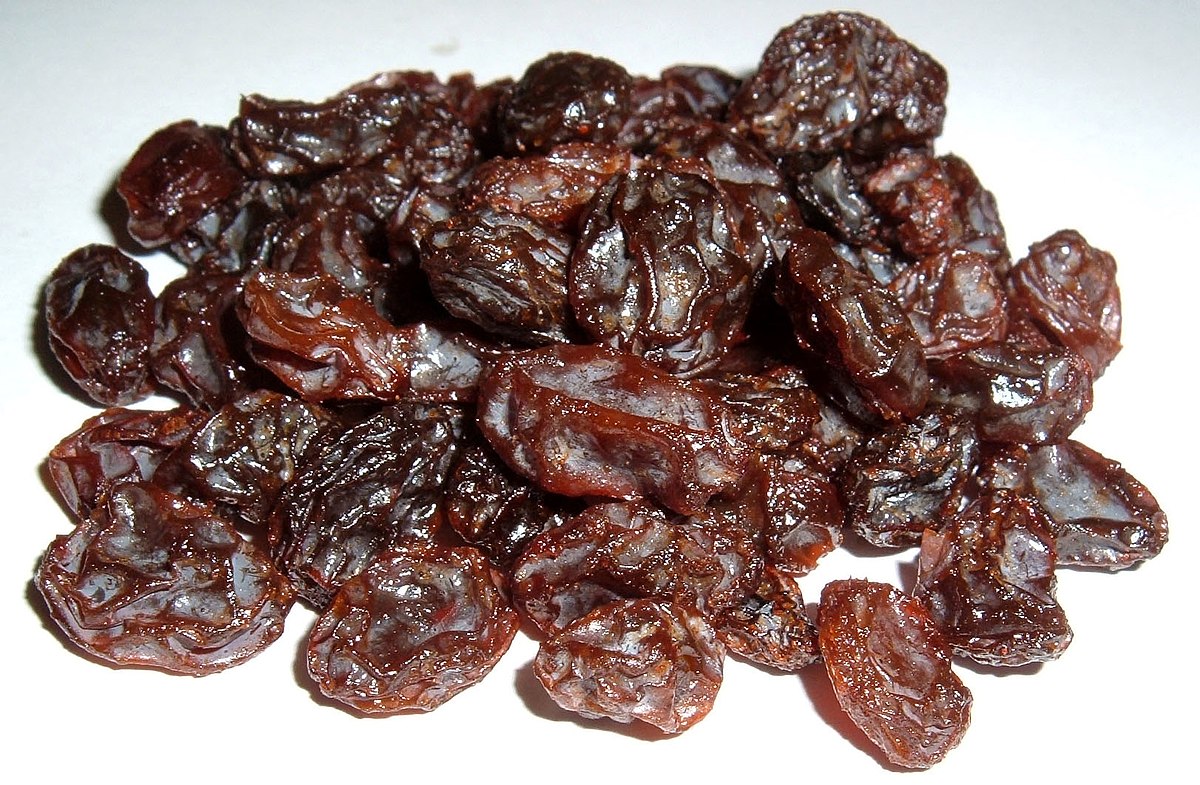
Potassium deficiency: signs and risks
Fatigue, weakness, muscle cramps, bloating, constipation, intestinal sluggishness and abdominal pain are the main symptoms of potassium deficiency.
Acute potassium deficiency is known as hypokalemia. This is a serious deficiency that can cause cardiac arrhythmia and muscular paralysis. This deficiency can usually be corrected with an adequate dietary intake of potassium. However, in the most serious cases, medical attention is required.

High blood potassium levels: causes and consequences
Hyperkalemia is generally caused by difficulty in eliminating potassium from the kidneys. This is called renal insufficiency, or if the kidneys are healthy, insufficient aldosterone secretion. Certain medications can also cause renal hyperkalemia.
Acute or chronic renal failure generally leads to hyperkalemia. Tissue destruction may aggravate the former, while in the latter it manifests itself at the end of the disease.
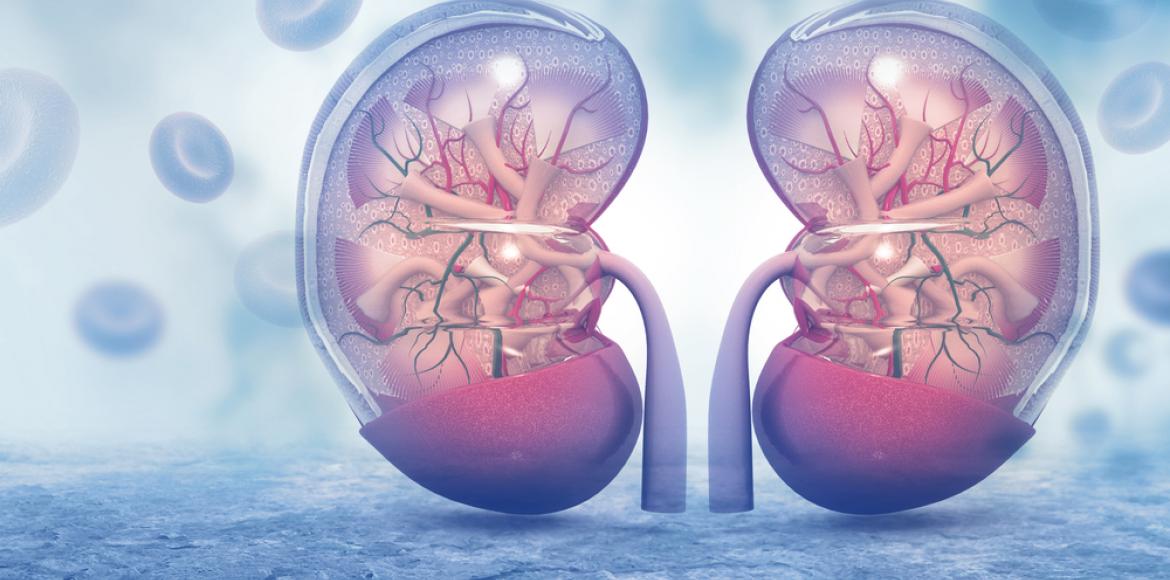
Hyperkalemia may also be caused by a excess potassium in the diet or under the misguided prescription of potassium-sparing diuretics.
In general, unless otherwise medically indicated, potassium supplements are useless and even dangerous. To obtain the correct dose in the blood, all you need to do is eat potassium-rich foods regularly, without overdoing it.
We have seen that it takes about 3500mg of potassium per day from the diet. To achieve this objective, while avoiding certain unhealthy foods containing potassium (milk, white rice, yoghurt, pasta, etc.), we can give priority to ingredients compatible with the blooness diet, i.e. healthy foods with a relatively low glycemic load and index. For example, all you need to do is consume the following in a single day:
- Morning: 2 whole eggs (140mg)
- One chicken leg with 100g of mushrooms or lentils (1080mg + approx. 400mg)
- 1 avocado (which alone provides 1000 mg) and 20g of almonds or walnuts, i.e. about 100mg
- 200g fish (600mg) + 100g fennel or spinach (405 to 662mg)
This makes a total of around 3725mg, which is above the daily recommendation, and without any supplementation. Of course, this is just an example, but it's still advisable to opt for eggs in the morning, meat at lunchtime and fish in the evening, for reasons we'll cover in another chapter...
In addition, for athletes, you can add a banana (420mg potassium) and around 40cl of sparkling water such as Vichy Saint Yorre or Badoit after sport, to top up your potassium levels after intense sporting activity.
Next chapter: the phosphorus.
Previous chapter: the magnesium.
New: Blooness Accelerated Programs
For quick results if you are looking for
lose fat permanently,
maintain stable energy levels throughout the day,
and prevent chronic diseases.
Immediate access to the Premium Guide + all current and future programs
Limited founding rate – will soon increase to €97

